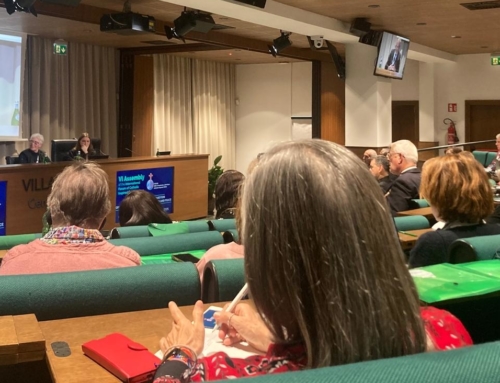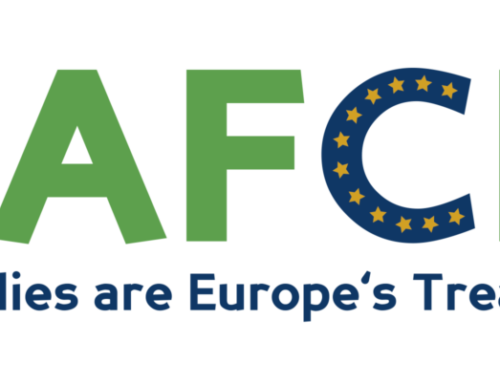Saturday, the 30th of August 2025
The presentation of the Update to the Economic and Financial Document (DEF)—which the Italian Government must submit to the Italian Parliament by September 27—and the subsequent submission of the 2026 budget bill to the European Commission are, as they are every year, two mandatory events. But this year, they can and must become a strategic opportunity: to propose the reclassification of family and demographic policies as structural investments and not merely current expenditure.
Between September and October, the Italian Government will present its medium-term structural plan to Brussels, as required by the new Stability Pact rules. This is the most appropriate technical and political moment to request a targeted exemption, as is already the case for strategic areas such as the green and digital transitions. Family policies have lasting effects on the economic and social sustainability of the country and the entire continent, boosting GDP and strengthening European cohesion.
The family is the main social safety net and the heart of the local economy. Strengthening it—facilitating its function of service, care, education, and savings, as well as its vocation of opening up to new life—means stimulating domestic demand without necessarily generating inflation, and ensuring stable well-being in local communities. Family policies are not enough without cohesive and resilient families and family networks, yet they are essential.
This is not about calling for a new form of welfare, but about implementing the principle of subsidiarity, as enshrined in the Constitution and European treaties. Therefore, non-state actors, such as social enterprises, cooperatives, and third sector organizations, which assume the primary responsibility of structuring family services without new burdens on general taxation, within an ecosystem rooted in local communities and oriented towards the common good, should be valued—and, initially, rewarded.
The centrality of these actors is recognized by the Recommendation of the Council of the European Union of 27 November 2023 (C/2023/1344), which calls on Member States to integrate the social economy into their national plans, especially in the areas of care, inclusion, and local development.
On April 24, 2025, at the conference “For a Young Europe. Demographic Transition, Environment, Future,” the Italian Prime Minister Giorgia Meloni already expressed interest in the idea of treating family and demographic policies as investments. Thus redefined, the related expenditures could not be calculated when quantifying the state budget deficit. This would free up resources to more strongly support family and demographic policies. Even if this were new debt, it would still be “good” debt, designed to eliminate obstacles and discrimination faced by families with children, while also contributing to increased productivity, collective well-being, and economic and social sustainability.
It is often argued that the impetus for this should come from Brussels, rather than from a national initiative. But why couldn’t Italy lead the way by raising the issue at the intergovernmental level—the European Council or the Council of the Union—or in discussions with the Commission?
In light of the alarming demographic data, both in Italy and Europe, now is the time to put forward a concrete proposal: including the request in the multi-year plan of the next budget law does not mean bending the rules, but rather directing them in a forward-looking manner.
Therefore, a technical and political discussion must be initiated immediately—in Rome and Brussels—to work on the reclassification of family spending according to economic and social impact criteria, involving the most competent stakeholders.
Today, while new military spending is being called for as an investment in security, it is paradoxical that family policies—which guarantee social, economic, and democratic cohesion and security—are still treated as current expenditure. If rearmament protects borders, birth rates protect the future. Yet, only the former enjoys “accounting legitimacy.” It’s time to overturn this short-sighted logic: investing in families is not a luxury, it’s a strategic necessity.
This is why we need to revitalize community cohesion, as desired by the founding fathers of a united Europe, recognizing family and demographic policies as a true “golden rule of accounting.” This demand is based on numbers, common sense, and constitutional values. Because fair and stable growth can only be achieved by increasing family well-being, strengthening local communities, and promoting a truly social economy. This is a national vision. And it’s time to assert it.
nb : This op-ed was initially published in the Italian newspaper Avvenire.







